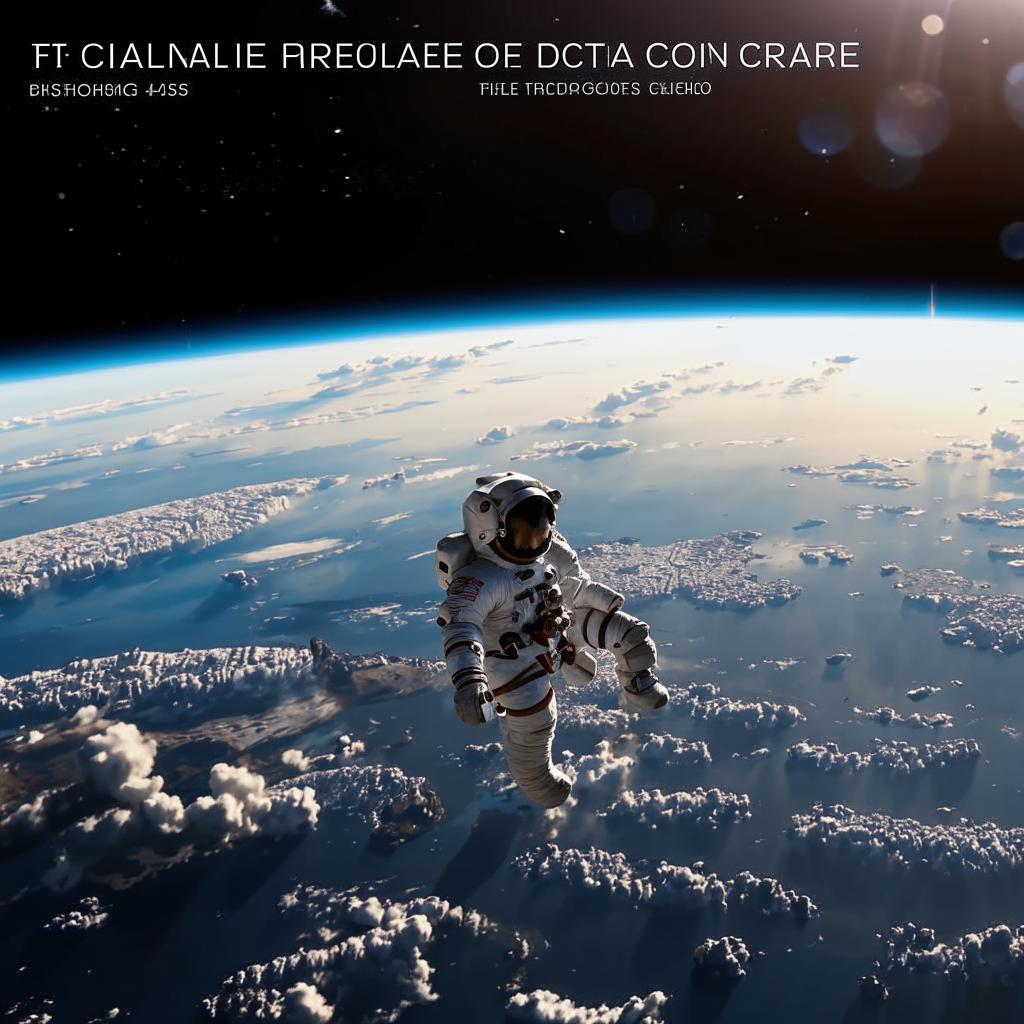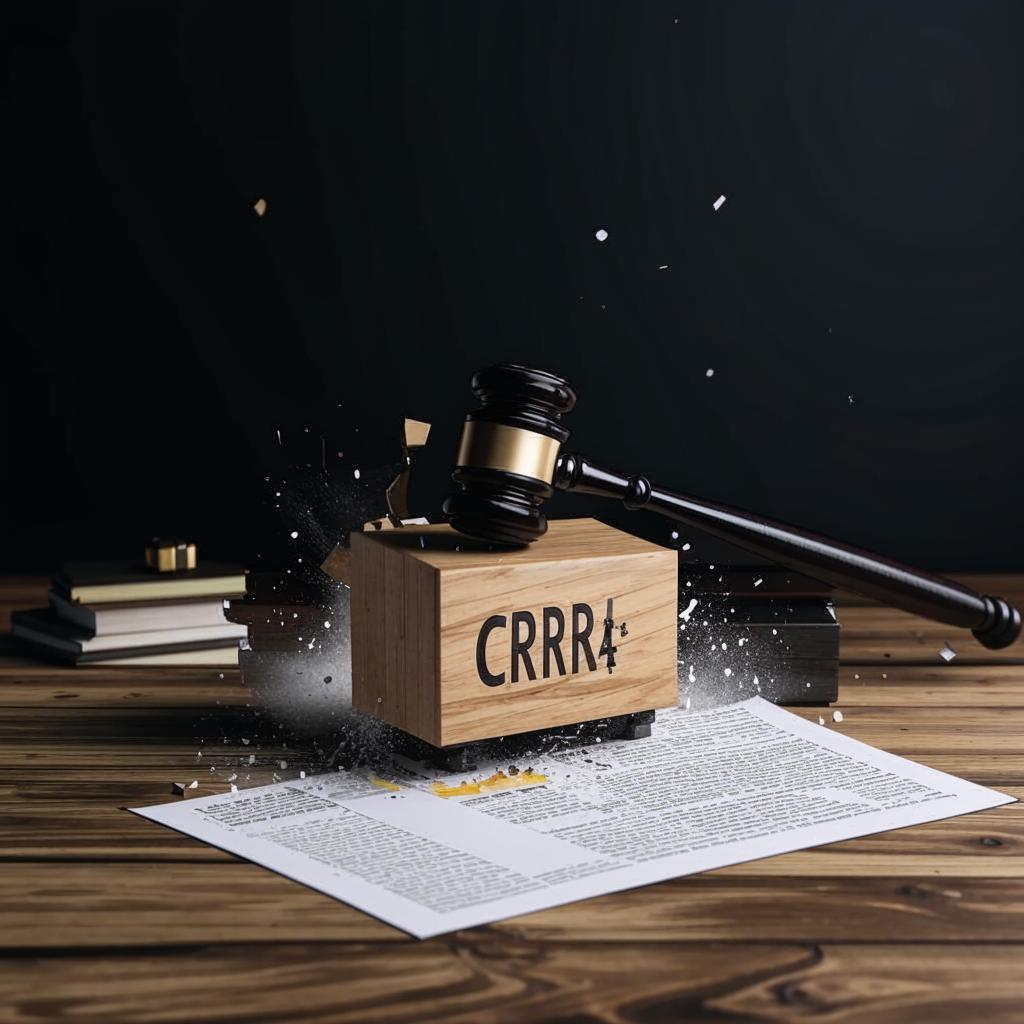Decentralized Autonomous Organizations (DAOs) promised a revolution in organizational structure, offering transparency and community-led governance. Yet, as DAOs mature, significant governance challenges are emerging. Early enthusiasm is giving way to concerns about low voter turnout, the influence of whales (large token holders), and the potential for gridlock. The promise of equitable decision-making often clashes with the reality of power imbalances.
Several factors contribute to these issues. Many DAO participants lack the time or expertise to thoroughly evaluate every proposal. This can lead to uninformed voting or simply abstaining, concentrating power in the hands of a few active members. Furthermore, the design of some DAOs inadvertently favors those with substantial token holdings, allowing them to disproportionately influence decisions.
Fixing DAO governance requires addressing these fundamental flaws. Experimentation with new voting mechanisms, such as quadratic voting (where influence diminishes as holdings increase) and delegated voting (allowing users to assign their voting power to trusted representatives), is crucial. Clearer proposal processes, better information dissemination, and incentives for participation are also essential. Educational initiatives can empower DAO members to make informed decisions.
Ultimately, the success of DAOs hinges on their ability to evolve and adapt their governance models. While the initial vision was compelling, practical implementation demands constant refinement to ensure truly decentralized and effective decision-making. If DAOs can overcome these growing pains, they may yet reshape how organizations operate in the future. Finishtit












